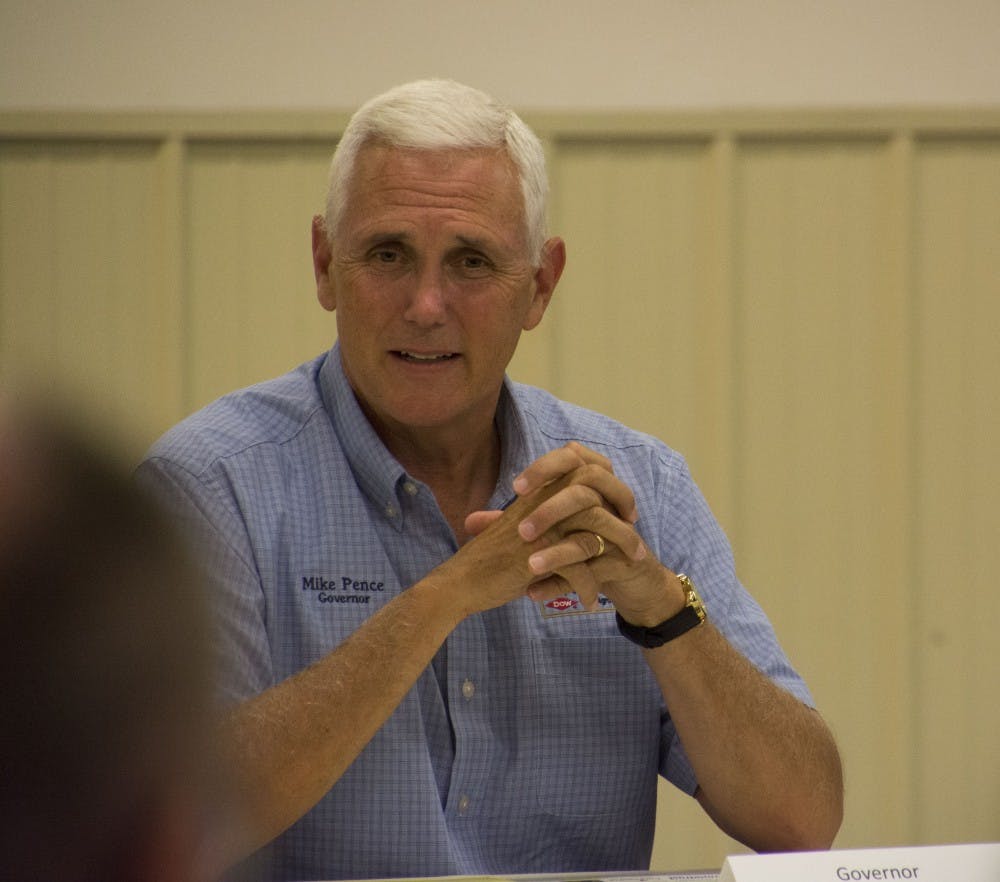Each semester, the Office of Entrepreneurial Learning, academic departments, and campus partners offer a variety of high-impact opportunities through credit-bearing activities and programs, according to bsu.edu. These include an array of community-centered immersive learning projects and undergraduate research possibilities.
The plan is to collaborate with government, education and research institutions, communities and the private sector to advance Indiana’s current economic momentum and combat potential threats to growth, such as workforce shortages and the availability of capital.
In order to do this, the innovation will work toward:
- Developing Indiana’s future innovators and entrepreneurs.
- Supporting education, research and entrepreneurial practice at Indiana’s higher education and research institutions.
- Enhancing regional entrepreneurial culture and investment.
- Supporting industry-driven strategic innovation and advancements.
- Accelerating investments in early-stage, mid-market and high-growth companies.
- Expanding opportunities for small businesses.
The investment will be spread over the next 10 years.
"Indiana is ranked first in the Midwest for business and first in the nation for small business regulations, but we’re not done yet," Pence said in a press release. "We must build on this economic momentum and increase collaboration between educators, community leaders, industry partners and, most importantly, idea generators to further propel innovation across the Hoosier state for generations to come.”
This investment brings a lot of potential to the state.
“Today, we face new challenges in economic development as we work to fill the jobs we continue to create, and Governor Pence’s innovation and entrepreneurship initiative will play a key role in shaping our future,” Jim Schellinger, president of the Indiana Economic Development Corporation said in a press release. “By fostering entrepreneurial cultures, we will create vibrant communities that retain and attract top talent, driving Hoosier wages up; launch novel ideas and attract new business to the state; and catalyze long-term, sustaining economic growth and job creation to carry Indiana through its third century.”
Michael Hicks, professor of business and economic research, agrees.
“The audacious initiative addresses several of the biggest challenges remaining in Indiana. First, by increasing investment and support to Hoosier innovators and job creators we should see a stronger and more quickly growing economy. Second, the broad focus on the entrepreneurial landscape will result in stronger communities and a more dynamic quality of life for Hoosier families,” Hicks said in a press release. “Finally, the focus on university research offers us a much better chance to harvest the benefits of more than a billion dollars of research that already flows to research universities in Indiana.”
Much of what the investment is hoping to achieve is already occurring, especially at Ball State University in areas where students have been involved through immersive learning courses and other hands-on engagement via the John H. Schnatter Institute for Entrepreneurship and Free Enterprise, and the Entrepreneurship Center.
Kelli Huth, director of immersive learning has worked for the past eight years at the university to facilitate and support immersive learning projects between the campus and communities all over the state.
Huth said immersive learning doesn't just happen in the John H. Schnatter Institute for Entrepreneurship and Free Enterprise.
"Every year, around 4,000 students are experiencing immersive learning (IL) projects in a variety of departments. Each IL project involves a team of students, sometimes interdisciplinary, working with a community partner to address some societal challenge," Huth said. "The result is an outcome that enhances the community with a lasting impact."
Entrepreneurial learning is very important to the university and Jennifer Blackmer, associate provost for entrepreneurial learning, is working to help people take this approach in departments campus-wide, she said.
"Entrepreneurial Learning is a Ball State University pedagogical approach, in which students and faculty mentors collaborate for high-impact experiences that embody exploration, problem solving, creativity, and risk-taking," Huth said. "We certainly will continue to facilitate immersive learning project well into the future – to provide unique learning experiences for students and to continue our long-standing tradition of community engagement... There are so many faculty and students invested in the Delaware County community and I only expect this trend to grow in the future. We are working hard with government and community leaders to focus on quality of place efforts and to make Delaware County a better place for students and other residents to live, work and play."
Mike Goldsby, Ball State’s chief entrepreneurship officer, said the planned investment by the state underscores the importance of the work the university is doing and while the project is currently in concept stage, and it’s too early to have many details, the university is planning on enhancing its entrepreneurship and immersive initiative.
“The goal is to come up with an initiative that Ball State can do well while meeting the needs of the state's entrepreneurship goals,” Goldsby said. “We're exploring different possibilities at this stage, but we want to make sure it'll be something the university can excel at and make a positive impact on the state's entrepreneurial ecosystem.”
Each semester, the Office of Entrepreneurial Learning, academic departments, and campus partners offer a variety of high-impact opportunities through credit-bearing activities and programs, according to bsu.edu. These include an array of community-centered immersive learning projects and undergraduate research possibilities.





